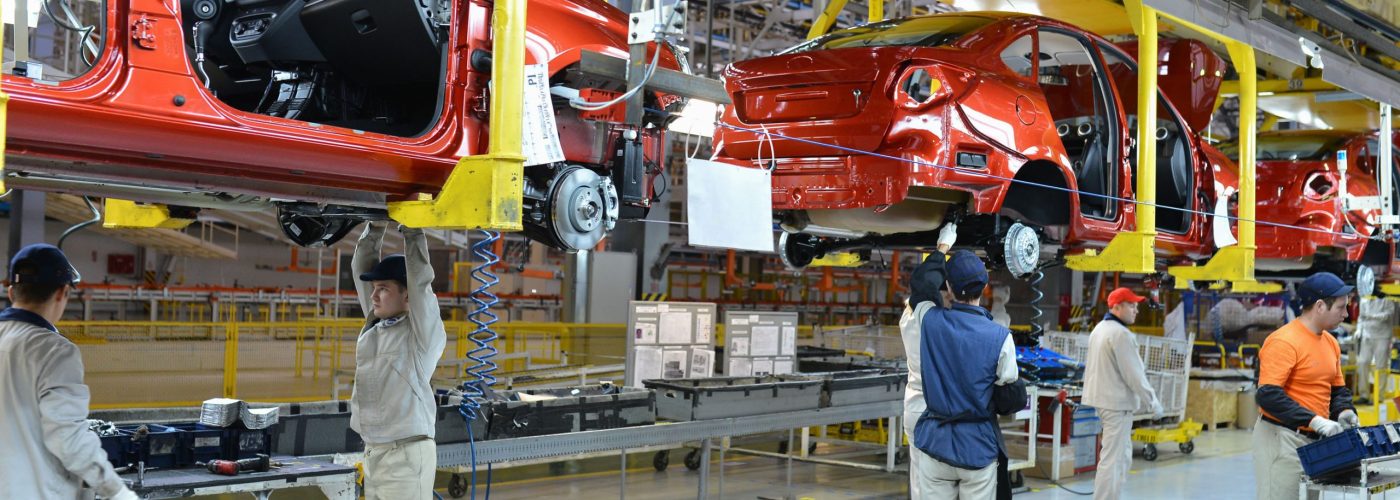The term, ‘disruptive innovation’ was coined by Harvard Business School professor, Clayton M. Christensen in his 1997 bestseller, The Innovators Dilemma. It refers to a new technology that disrupts an established product, shaking up or creating a new industry. Here, Jonathan Wilkins, marketing director at industrial obsolete automation equipment supplier EU Automation, discusses three sectors that automation and robotics have disrupted.
There are examples of disruptive technology across every industry sector. In consumer technology, the personal computer and the smartphone permanently changed the way we do things. Not only can new technologies create new markets, they can also have a huge impact on industry. Industrially, technologies like additive manufacturing are changing the way products can be manufactured.
But it is not just manufacturing and consumer technology that have been affected. Here, we look at three industries that have been forever changed by automation.
Automotive
The automotive industry was quick to adopt automated technology and automotive production lines already feature some of the latest industrial robots. Automation has been a useful technology in automotive manufacturing as it is flexible and able to respond to the dynamic needs of the industry. Of all manufacturing sectors, industrial robots have made some of the biggest waves in automotive manufacturing.
As well as automation being used in automotive manufacturing, vehicles are getting smarter. Many already offer partially automated functions, for example predictive emergency braking and parking-related functions. There are a number of technologies in the pipeline to improve the driving experience and fully automated systems are expected to be implemented after 2025.
Construction
Companies are combining emerging technologies to build complex structures. Robots can now be used to construct beams, lay bricks or drill. In fact, nearly any job in the process can be automated. In future, this means construction could be planned and coordinated remotely, performed on site only by robots.
Construction environments are less structured and more unpredictable than most manufacturing facilities, which can make it more difficult to integrate autonomous technologies, particularly if they are mobile. However, vision and inspection systems are proving extremely popular in the industry.
Healthcare
In the healthcare industry, many of the skills needed in certain roles are impossible to automate, especially those involving human connection. However, there is still a role for robotics in this sector.
One area where automated technology is booming is the surgical robot market, which is currently worth approximately $4 billion a year and is expected to grow to $20 billion by 2024. Surgical robots allow doctors to perform complex procedures with improved precision and control than was previously possible.
Automation is common across a number of manufacturing sectors, but it has branched out to a range of industries. Companies operating in the construction, automotive and healthcare sectors are certainly being shaken up and there is more innovation to come.





